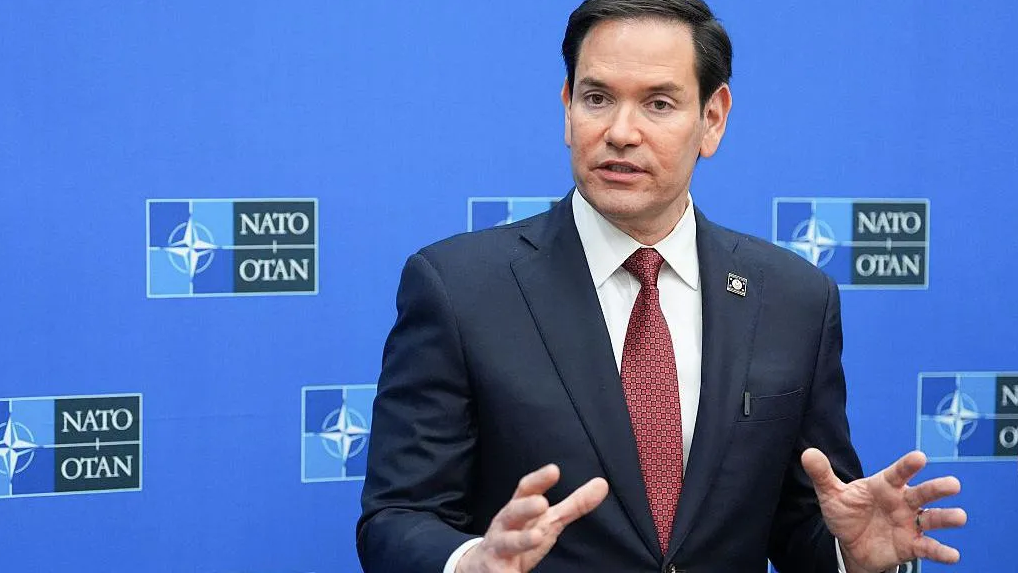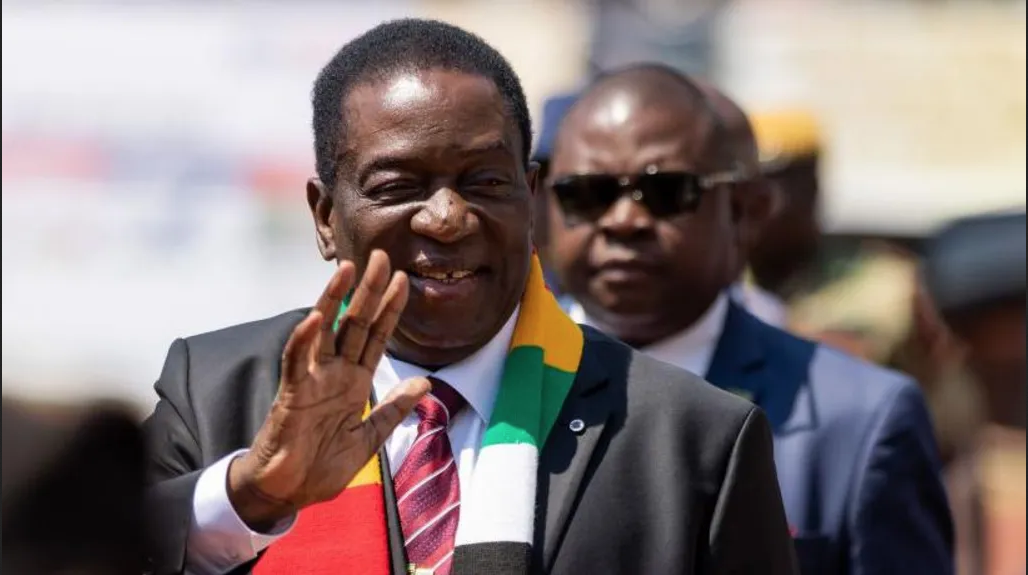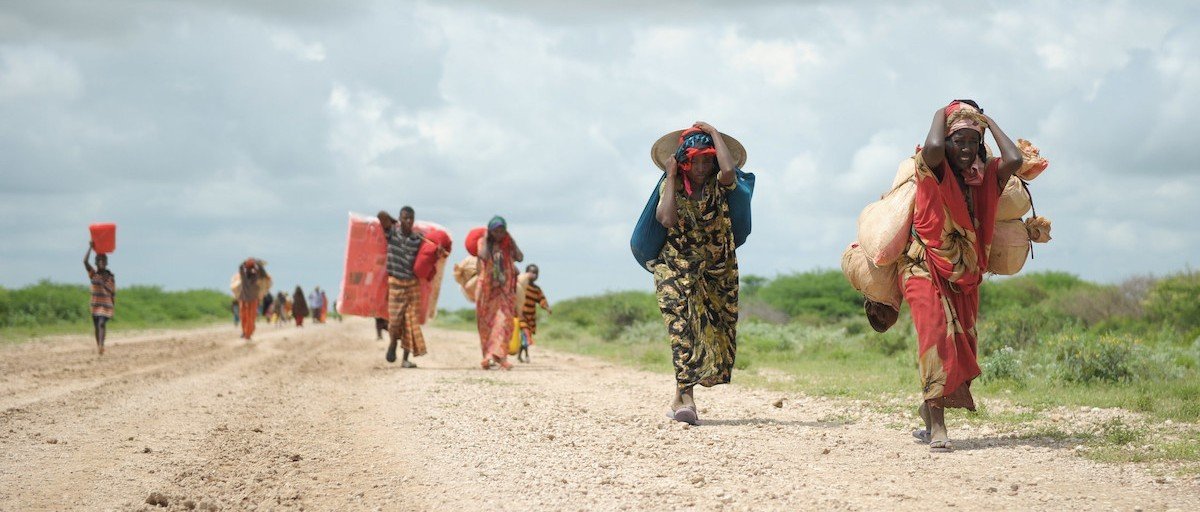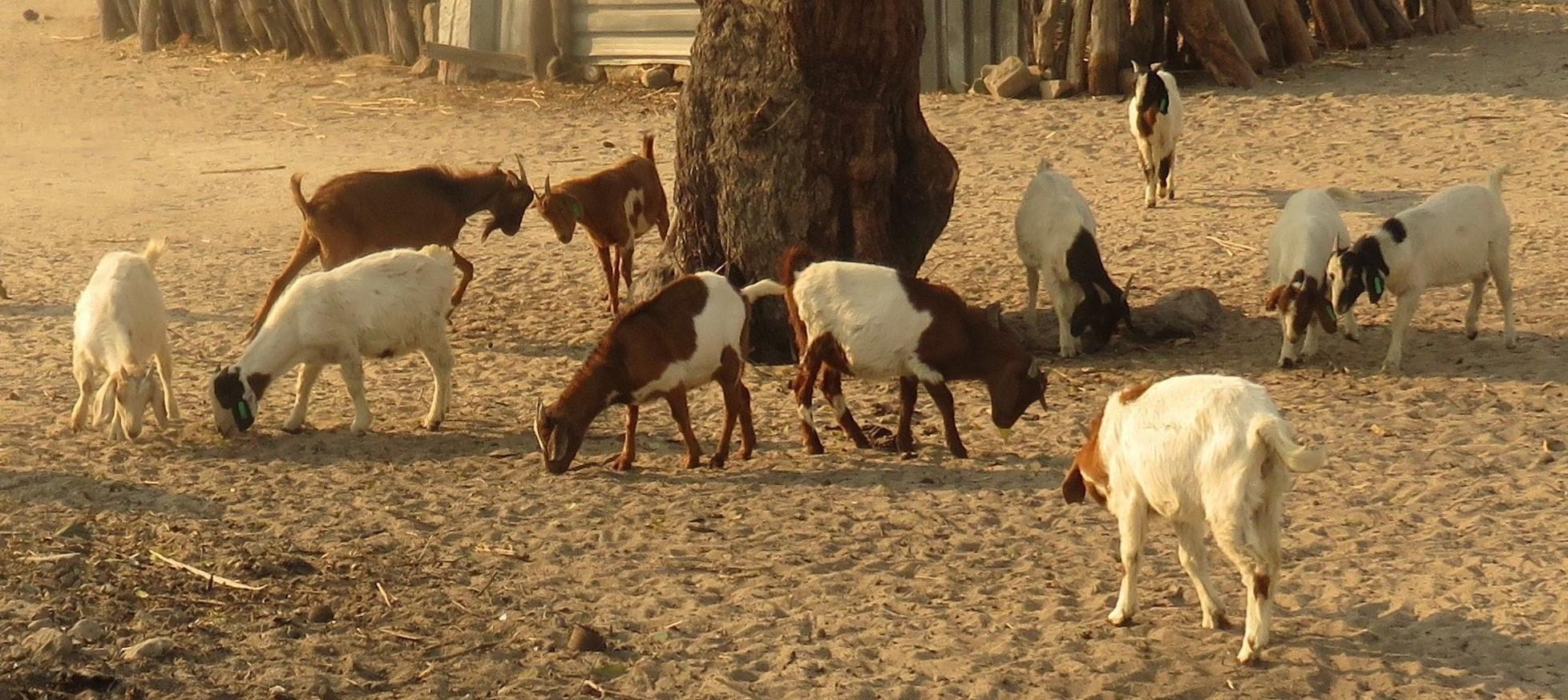Senior education officer in the education ministry’s Directorate of Programmes Quality Assurance (PQA) Lizette Beukes says the new global understanding of inclusive education recognises that inclusion is a process for all educational institutions and the education system in general.
“It involves changes and modifications in content, approaches, structures, and strategies, with a common vision which covers all children of appropriate age, and a conviction that it is the responsibility of the regular system to educate all children,” Beukes says.
Inclusive education happens primarily through accepting, understanding and attending to student differences and diversity, which can include physical, cognitive, academic, social and emotional, she says.
Beukes says the key to inclusive education is for all young people to have the right to access education that is responsive.
It is important to reduce barriers that inhibit the learning and participation of pupils.
She says the government outlined four major goals to be achieved: access, democracy, quality and equity.
“These goals imply that all children, including those with special needs and disabilities, have the right to access quality education,” Beukes says.
“Therefore, the mission of the education ministry is to create an enabling, supporting environment.”
“The policy further advocates the identification and addressing of challenges and/or barriers in the education system through developing capacity at national, region, circuit, cluster, school and community levels,” Beukes says.
Currently, the education sector cannot accommodate children with severe disabilities, as there are negative attitudes towards pupils with special educational needs and disabilities (Send), and teachers need to be trained on how to adjust the school environment to their special needs.
“Special education is specially designed instruction to meet the unique needs of a child with a disability, whereas inclusive education puts all pupils in the same classroom to learn among their peers,” Beukes says.
Not all pupils can be included, depending on the severity of their disability, furthermore inclusive education was introduced to address discrimination, she says.
Teachers can provide equal opportunities for all pupils with a positive attitude through differentiated instruction, modification, adaptation and recognition of different language styles, she says.
“It instils in them the confidence that they too can make a difference in society, helps remove the stigma surrounding disability and sensitises others, says Beukes.
Tulipohamba Training and Assessment Institute (TTAI) director Lebo Mwampole says an inclusive education system is built on several key ingredients that work together to create an environment where all pupils, regardless of their abilities, backgrounds, or characteristics can learn, participate and thrive.
Mwampole says Namibia has been committed to inclusive education to ensure that all pupils, including those with disabilities, have access to equal education.
“Inclusive classrooms can have pupils with a wide range of learning needs, making it challenging for teachers to meet each pupil’s individual requirements effectively, “ Mwampole says.
Teachers may not always receive adequate training in inclusive teaching methods and strategies, leading to difficulties in accommodating diverse learning styles, she says.
“Being included in regular classrooms fosters a sense of belonging and self-worth, promoting higher self-esteem and confidence among pupils.”
Simon Kauluma, a person with albinism, says he feels inclusive education is good for people with disabilities
“Because it helps with mainstreaming disabilities, when children with disabilities are put in special schools, the awareness of disabilities is affected.”
He says due to a lack of understanding from children in a mainstream schools, he found himself facing mild discrimination because the children had never encountered a child with a disability in the classroom setting.
“I went to a special school for children with visual impairments from early primary school to junior secondary school, I then had to go to a mainstream school to complete high school, now I am an advocate for people with disabilities and I advocate inclusive education,” Kauluma says.
Stay informed with The Namibian – your source for credible journalism. Get in-depth reporting and opinions for
only N$85 a month. Invest in journalism, invest in democracy –
Subscribe Now!










